

Sands of Time had a strong identity: Arabian Nights theme, great platforming with traps, crowd fights, unique moves and an innovative time rewind mechanic tied to the plot. The only real weak spot were boring fights, reminiscent of mobile games. Warrior Within improved everything: it introduced many new attacks, it had a really good story, and easily one of the best level design of any platformer ever. The game would have been perfect if not for cringy character design, as if from a young teenager's wet dream. All that The Two Thrones had to do to become the best platformer of all times was to take the formula of the last game and move back to the fairy tale aesthetic. Ubisoft had everything in place to make the best 3D platformer of all times. And they kind of did, but also tried to, unnecessarily for a still short series, change things. They added quick time events and boring cart race levels. They also made the game much easier: there are hardly any traps, let alone long corridors of death, the platforming offers no challange - there is never any doubt where to go the jumps are automatic (as they were before) and no gauging distance or careful timing is necessary, resulting in a mediocre game. All in all, I'd give the game 3 stars, if not for a single boss fight, which was my most frustrating experience in all gaming. As in most such games, movement is relative to your opponent, not absolute, which always makes fights with multiple enemies tricky when you must land a couple hundered of hits and can take only ten. Worst of all, there is no manual targeting mode, while the whole idea behind the fight is a need to quickly switch targets at the right moments (you can't slow the time). To add insult to injury, automatic targetting is very wonky: sometimes you stand face to face with one opponent, but attacking makes the prince do three back flips and try to hit a monster behind him; sometimes the target switches to a monster after it attacks you, sometimes not.
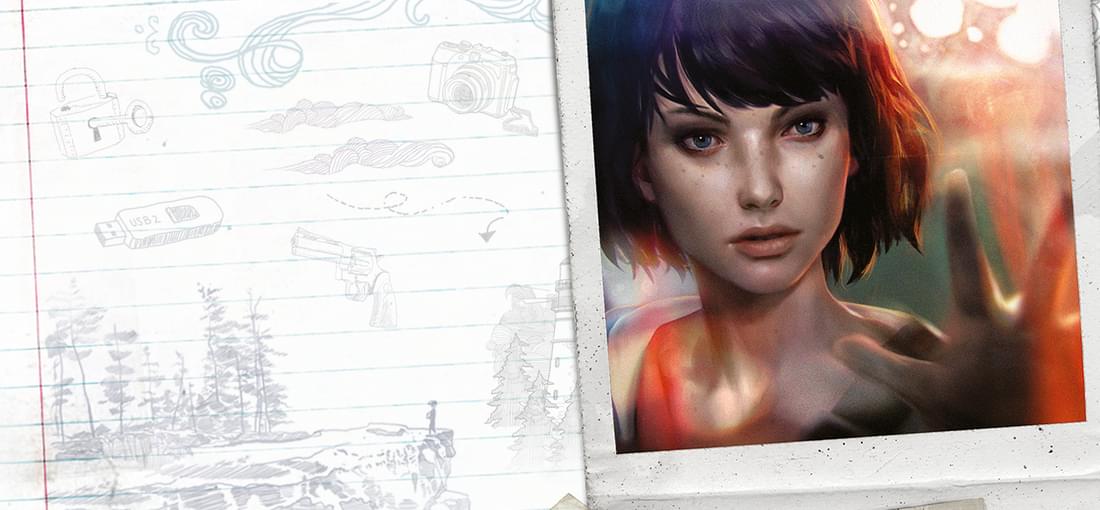
This is not really a game. Puzzles are few and simplistic, you can't die or fail, and, bar a few selected places, you can (and often are expected to) rewind the time to try different conversation options and select a path based on their immediate consequences. You can't even role play, as there aren't really 'good' and 'bad' choices - even having seen all variants play out, no gain comes without a sacrifice and long term consequences are never clear. Neither it is a visual novel however, with very few final world states - it is the road that counts, not the destination. To criticise it for elements which could be automated (i.e. mandatory clicking) is to fail to see their purpose: the fact that Max can walk freely and the player actually performing those actions serves to increase the immersion. This is crucial, because 'Life ...', despite featuring time travel and a cataclysm, is not an action story. Nor is it a mystery or horror, despite the whole plot being centered around sleuthing for a dissapeared girl and becomes only darker with time. In order to really experience it, you must be able to empathise with normal people and their problems, and this includes teenagers, antiheroes like drug dealers and school bullies. If you can't see the person behind the character, you will discount it as a teenage drama, filled with boring, everyday issues. Talk with any NPC in the game though, and you will find that even extras with no role to play are more than cardboard standouts. By its interactive nature, LiS strikes the points much more strongly then a film would, and it will leave you moved on many occasions, with some of the most powerful moments in gaming. Despite its small scale, the story is far from simple. The mystery is well constructed, far from obvious, but doesn't feature plot twists for the sake of surprise alone. The nature of Max's abilities results in recursive time travel more complex than any you've seen, and is above what one expects from this medium.
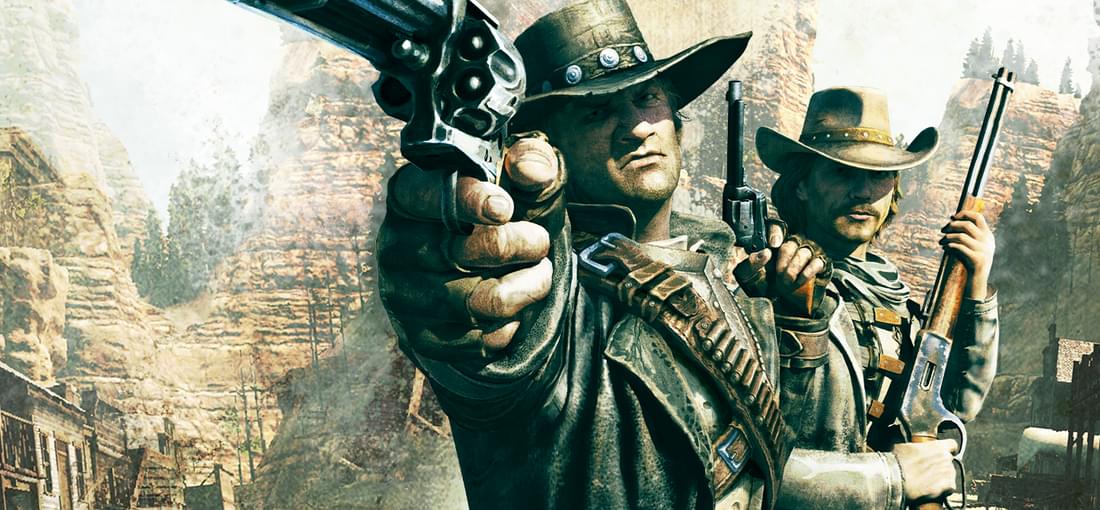
Whether it's good or bad depends on your taste. While gritty, dark and violent, it's less 'The Wild Bunch' and more the original 'Django' with Franco Nero. For a shooter, the story is certainly at least servicable and should be possible to enjoy without the cringing when in the right mood. Graphically, for a game over a decade old, it still holds. It certainly isn't pretty, but that's the reason: it's the desolate world and simple mexican architecture which is a bleak setting, and it suits the story. The character models certainly are much better than anything from that time period and don't have a 'retro' feel. What however makes o break a shooter is always the mechanics. The game offers here many new, sometimes cool, features, such as quick shooting by fanning the analog stick (hey, the game was developed for consoles!), bows, lasso and of course duels. Last but not least, it has a very good and very natural cover system, which makes you realistically crouch behind anything you can find and stick only your weapon out, barely seeing what you are shooting. Having slow to reload weapons with small bullet capacities offers a change of pace, as you'll spend every second you can spare and many you can't frantically reloading. I deeply enjoyed the first half of the game, as it constantly varied the environment and ticked many 'classic western experience' boxes, but it eventually overstayed its welcome, and that's even before the ridiculous final boss fight. The problem for me was that it is the epitome of a 'shooting gallery'; a slave to the story-driven approach, most of the time I was running behind the second brother completely lost in the chaos. There are some (mostly optional) segments where you have more freedom of movement and at least a sliver of choice of the approach (the last plot location is good for one), but overall it very vividly reminded me of live action shooters from the nineties such as 'Mad Dog McCree' and 'Bounty Hunter'.
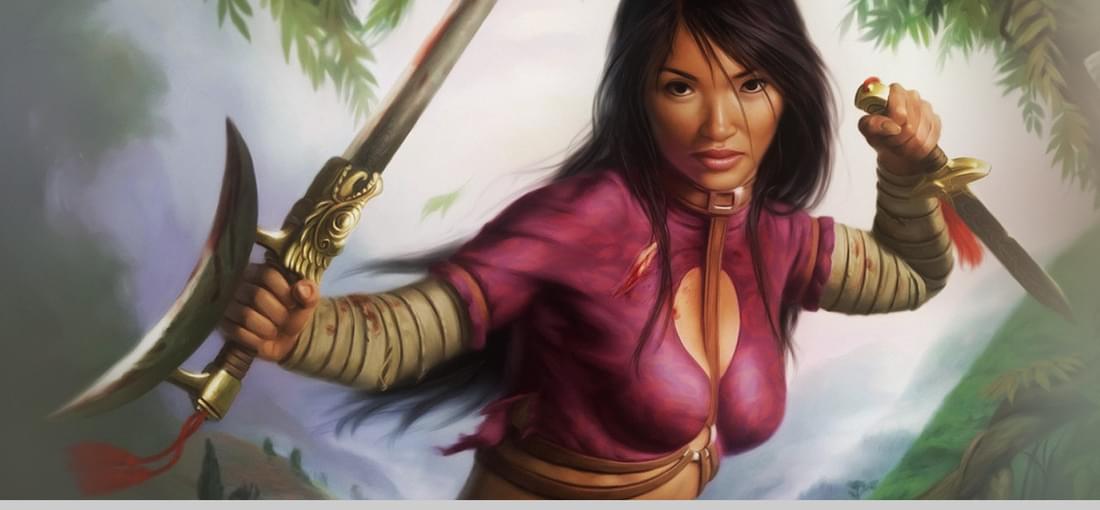
Granted, this is made easy by the number one complaint everyone has with this game: it is just too small, too short. Not particularly short by today's standards and it's length is just right for the story it tells, but when compared to other RPGs, even those without an open world, it suffers pityfully. The world it created is enchanting, one would like to explore it more; the story is not completely linear, but it's nowhere near to AAA titles. It has however something most of later games under EA have not: a soul. While not epic and lacking in secondary themes, the quests are astoundingly good: not a single FedEx and very few pure kill quests. Instead you will have a chance to star in a theatrical play with a political subtext, search for a husband for a bandit leader, participate in a cultural debate against an outlander (voiced by John Cleese!) and many more, very often moving your heart. I refrain from mentioning what you'll face in the main plot, but it is likewise suitably varied, and in most cases offer multiple resolutions. No grind here, no artificial padding, the game never becomes stale. While you sadly get only a single follower to fight with you, the overall set of companions travelling with you is second to none, with only Dragon Age II coming close: a mad sciencist (who "makes things fly and things explode"), a drunken giant of a man always looking for a fight, a demon, a tight-lipped cynic with a suspicious past, a mysterious agent with the intention of single-handedly toppling the system, and all of them have an interesting backstory with ties to the plot. It's not perfect. It introduces perhaps the best morality system of any game and then completely fails to follow it, reverting to the 'unscrupulous asshole or saint' dihotomy. Most dialog options lead to the same reply. The fighting styles aren't balanced, fighting is simplistic (install the 'Jade Empire in Style' mod, it helps!). None is however so bad as to detract from the melancholic story.
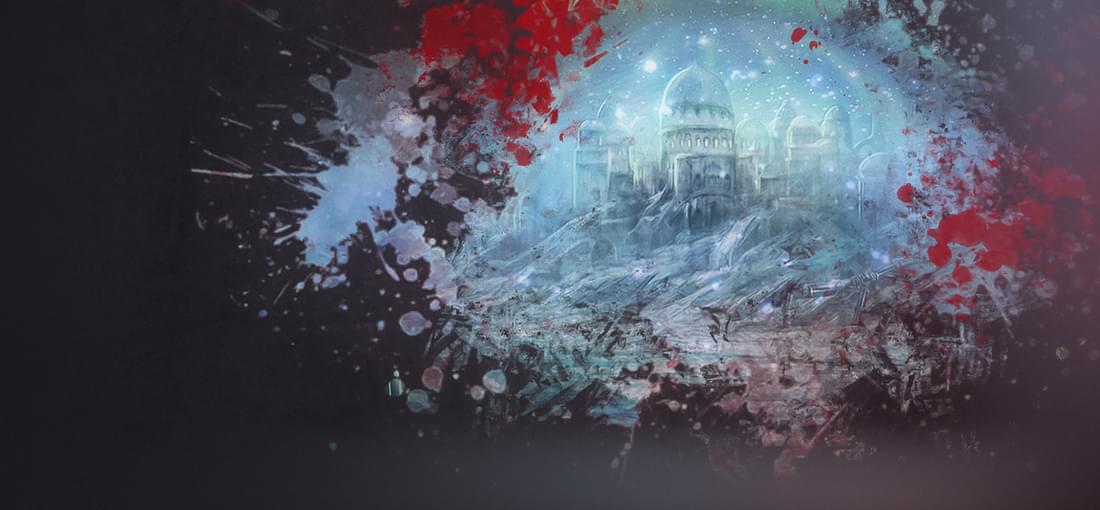
It's only my second visual novel, after Cinders from the same developer, so I might not be the most reliable reviewer. I have a strong preference for story-heavy, narration driven games and revere all storytelling media, but was always prejudiced against this genre for some reason. I find it difficult to assess it, having no benchmark or expectations to compare it against; it's hard for me to even decide if it is better or worse than Cinders. It is certainly more mature, tackling themes of power abuse, corruption and difficult moral choices. Cinders was essentially a fairy tale for younger audience and sometimes too literal in conveying its message; I was happy to see that Solstice is better in following the 'show, don't tell' principle. Its ambition is however somewhat thwarted by the problem shared with its predecessor: with a play time of about 4.5h, it is much too short to really explore its themes. The world is built around a soft magic system, and, like Harry Potter novels, doesn't provide clues as to what is possible and what not, hurting the mystery aspect central to the story. The 'who' and 'why' are just about clear enough, but the 'how' has a bit of a 'deus ex machina' feeling to it. Similarly to Cinders (and the vast majority of games), the story is quite linear and, while there are very many possible end state combinations, the choices don't really affect the events that much. This seems to me like a failure to properly capitalize on the advantage of this medium over a graphic novel: you can choose the toppings, but ultimately you will always receive a pizza. The ideas are compelling, but left me wanting more and feeling as if I witnessed an abridged adaptation of the real story. I will still give it high marks, as if it were a point-and-click adventure, it would easily become a 5/5 with its story and I feel it's improper to criticise any work for the basic characteristics of the genre it belongs to.
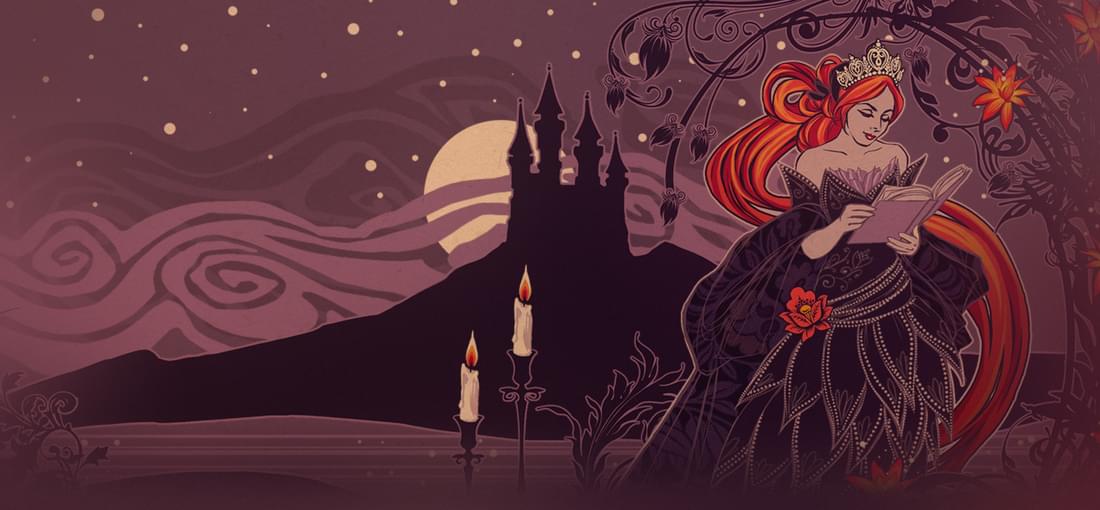
I am as far away from the target audience as possible and this is my first VM, so take everything with a grain of salt. I bought it largely on a lark with perhaps a faint hope of something like some mature spins on fairy tales published as short stories (and no, I don't mean erotic). Not much of that here: this is the same fairy tale you know, without really much difference to how the story plays out, regardless of your decisions: you can end up with different romantic interests, different relationships with some of characters and choose your 'happily ever after' variant, but don't expect differences on par with some RPGs. I don't think most adults would find much of interest here, except maybe in a nostalgic moment, as the 'maturity' of the characters boils down to them being two-dimensional rather than being describable in one word. The game fails the 'show, don't tell' rule a couple of times and is a bit too direct with its message: 'everyone has their motives to what they do, no one is completely good or evil'. This is understandable, as it's really short - I completed it in a little over four hours - and it really has its niche in the kid/early teen market. There are precious few games which even try to paint all their characters as real people, with good and bad sides, which you would actually want your child to play. One particular issuesI have with it, which I suspect is highly personal, is that reaching reconciliation with your step family can be seen as an achievement (in gaming terms). Considering how abusive and toxic they are, and that you had to live through years of such treatment before the events of the game, I don't think that anyone should be championing the idea of turning the other cheek: it's really not anyone's job to fix other people at the cost of their own well-being; Considering the agenda, I wished this was somehow addressed.